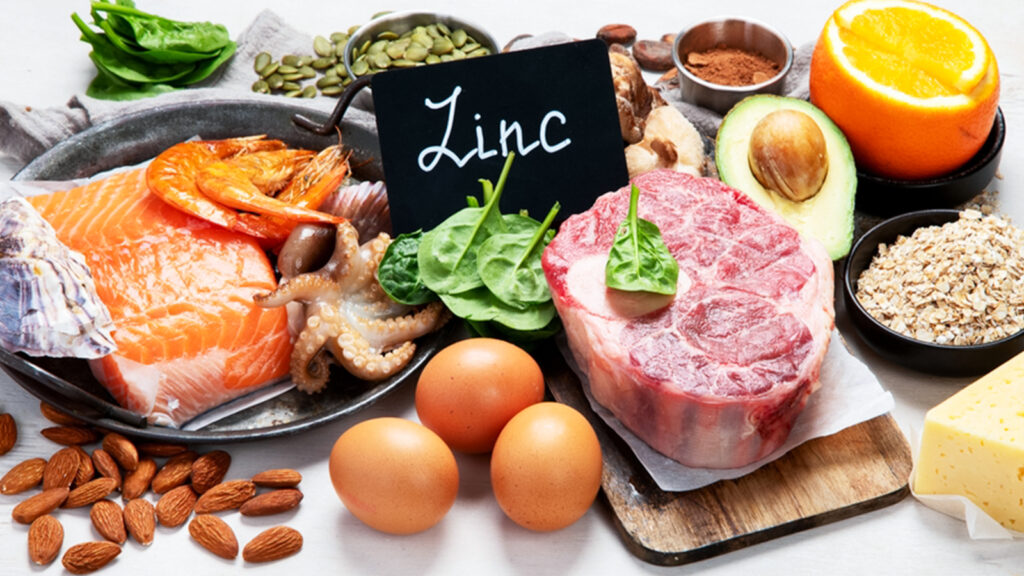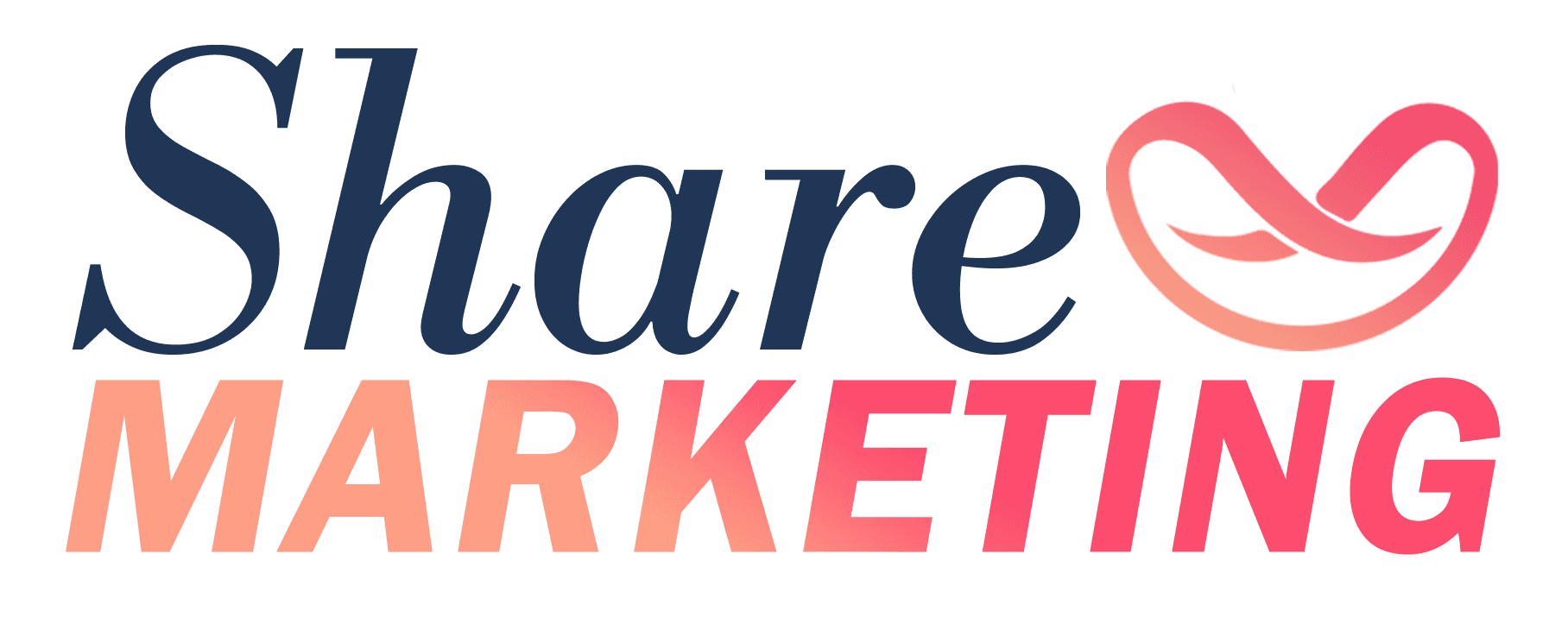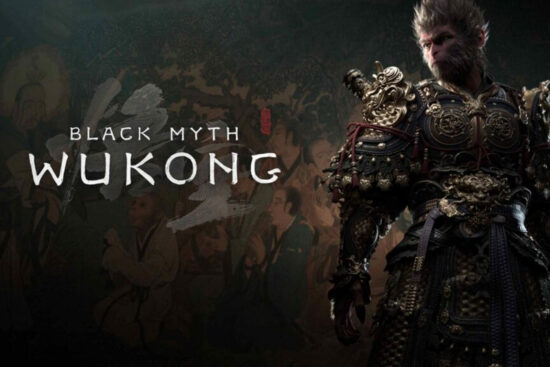Zinc is a small but mighty mineral that serves as the backbone of countless bodily functions. Often overshadowed by more prominent nutrients like vitamin C or calcium, zinc quietly works behind the scenes to ensure your body operates smoothly. This essential micronutrient powers over 300 enzymatic reactions, supports your immune system, heals wounds, promotes cell growth, and even sharpens your senses of taste and smell. Despite its importance, zinc deficiency is surprisingly common, with millions worldwide unknowingly experiencing its subtle yet impactful effects. By understanding zinc’s benefits, incorporating zinc-rich foods into your diet, and recognizing deficiency signs, you can unlock its full potential and elevate your overall health and vitality.

Zinc Benefits: Why Your Body Needs It
Zinc is a powerhouse nutrient with wide-ranging effects on the body. It supports immunity, promotes skin health, aids in cognitive function, and plays a crucial role in cell regeneration.
When it comes to immunity, zinc strengthens the body’s natural defenses.
“Zinc is one of the fundamental pillars of the immune system. It helps white blood cells combat infections and acts as a natural anti-inflammatory, reducing damage caused by pathogens,” explains Dr. Emily Ventura, a nutrition specialist.
This is why zinc supplements are often recommended during colds or respiratory infections.
Zinc also accelerates wound healing and tissue repair. It helps skin cells regenerate, making it indispensable for managing cuts, scrapes, or acne.
“Zinc helps regulate sebum production, reducing inflammation and breakouts,” says Dr. Andrew Alexis, a dermatologist.
For children and teenagers, zinc is vital for proper growth and development. It supports bone and muscle development, nervous system function, and even sexual maturation. Adults, too, benefit from zinc’s role in enhancing cognitive health, improving memory, and concentration.
Finally, zinc contributes to beauty by promoting healthy skin, preventing hair loss, and strengthening nails.
Top Zinc-Rich Foods
Eating a well-balanced diet ensures sufficient zinc intake. Oysters are the richest source of zinc, offering more of this mineral than any other food. For meat lovers, beef, chicken, liver, and eggs are excellent options.
For vegetarians and vegans, zinc can be found in plant-based foods like pumpkin seeds, cashews, lentils, and chickpeas. However, plant-based zinc is less bioavailable, meaning it’s harder for the body to absorb.
Pro Tip: Pair plant-based zinc sources with vitamin C-rich foods like citrus fruits or bell peppers to enhance absorption.
In areas where diets are zinc-deficient, fortified foods like breakfast cereals and flours can fill nutritional gaps. These options are particularly useful in combating childhood malnutrition worldwide.
Signs of Zinc Deficiency
Zinc deficiency often starts subtly but worsens over time if left unchecked. Early symptoms include weakened immunity, frequent infections, and slow-healing wounds. Skin problems such as dryness, eczema, or persistent breakouts may also indicate a zinc deficit.
In children, zinc deficiency can severely impact growth and cognitive development, leading to delays in physical and mental milestones. Adults might notice hair loss, fatigue, and altered taste or smell.
“Zinc deficiencies are not always immediately obvious because their symptoms often mimic other common health issues. However, long-term insufficiency can have devastating effects,” warns Dr. Sarah Gomez, a general practitioner.

How to Prevent Zinc Deficiency
To avoid deficiency, follow the recommended daily intake:
- Adults: 8–11 mg/day
- Children: 2–9 mg/day
During infections or recovery from injuries, zinc requirements may temporarily increase. Always consult a healthcare provider before taking supplements.
Important: Too much zinc can cause nausea, digestive issues, and interfere with copper absorption. Natural food sources are preferable to supplements unless prescribed.
Conclusion
Zinc benefits and deficiency signs are essential knowledge for anyone prioritizing their health. By eating zinc-rich foods, you can prevent numerous health issues while reaping the countless advantages of this vital nutrient. If you’re looking to enhance your zinc intake, explore high-quality supplements and products on iHerb.
Stay informed about essential nutrients for optimal health by browsing our other wellness articles.

























Leave a Reply